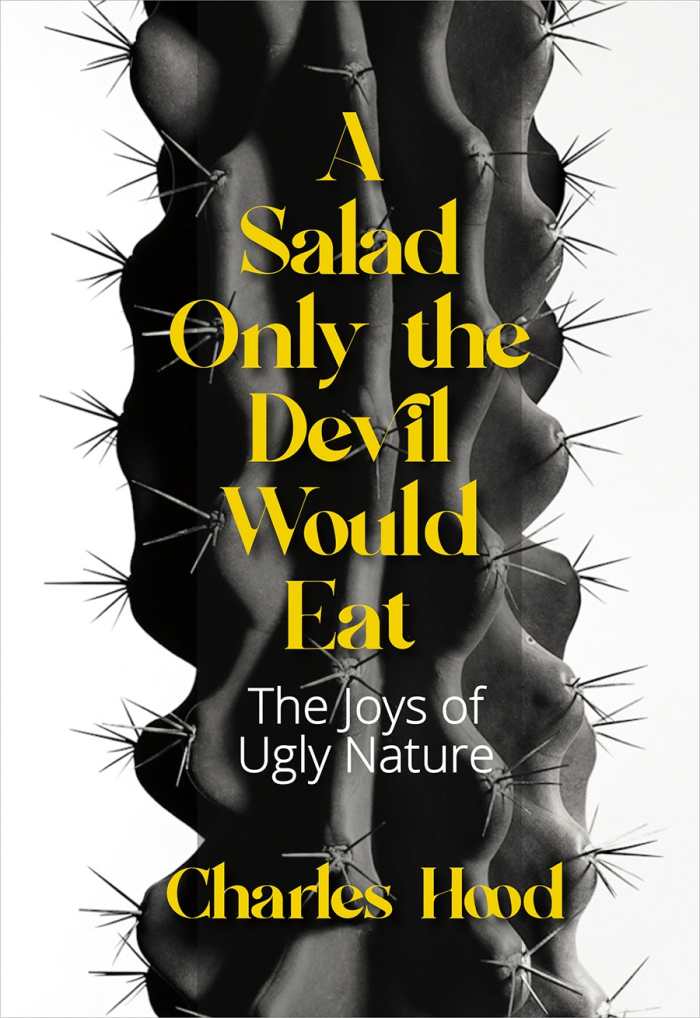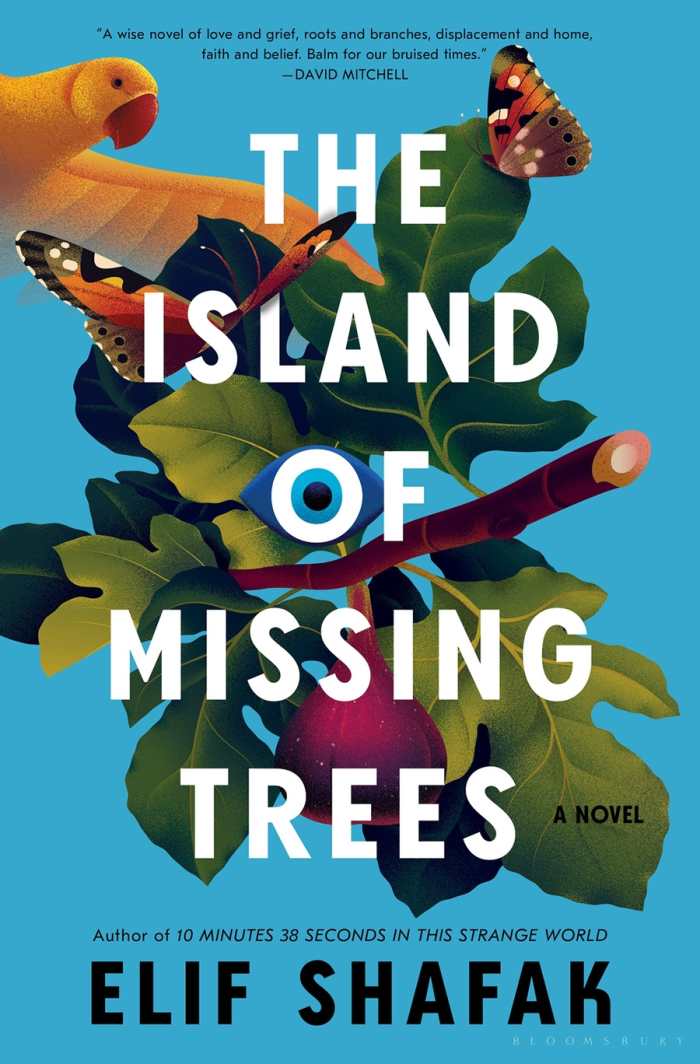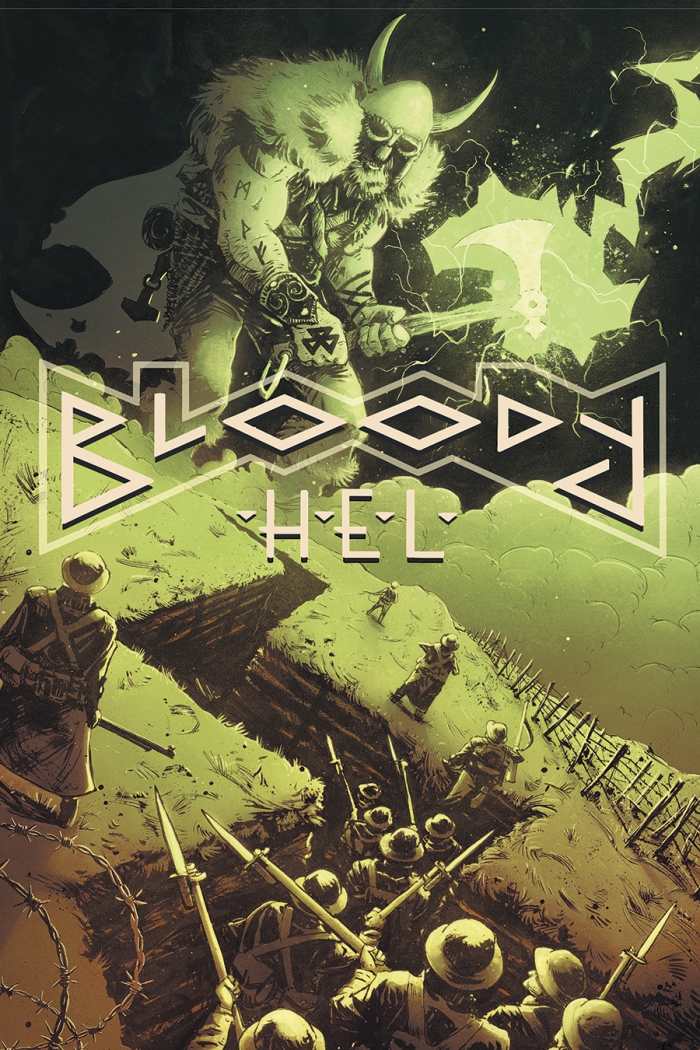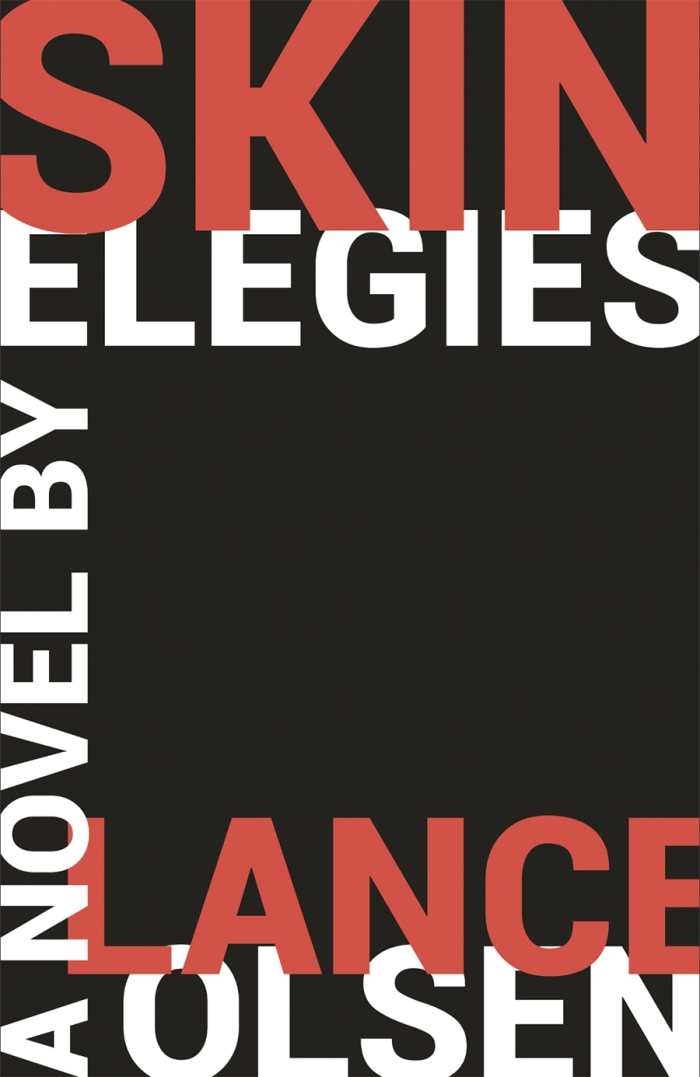Book of the Day Roundup: November 1-5, 2021
A Salad Only the Devil Would Eat
The Joys of Ugly Nature

Charles Hood
Heyday
Softcover $16.00 (224pp)
978-1-59714-545-9
Buy: Local Bookstore (Bookshop), Amazon
In essays at once wry and hilarious, Charles Hood shares his delight in the overlooked, obscure, and downright ugly parts of nature. Featuring high on his list are places like California’s Antelope Valley, “where old sofas crawl to the ends of dirt roads to die”; plants like Joshua trees that “can’t decide if they are small trees or giant toilet brushes”; and sights like the weird, hyperrealistic taxidermy in Alaskan airports’ natural history dioramas. “Welcome to Alaska,” they seem to say. “Let’s get out and kill things!”
Hood argues for the value of landscapes that could feature in post-apocalyptic visions, where rugged plants like bitterbrush, burrow weed, creosote, and jumping cholla thrive, their names sounding like ingredients for a salad fit for the devil. “For most people this landscape looks like it has been hit ten times with the ugly stick and left for dead,” he writes. Standing in favor of places, and even people, that are messy, complex, and contradictory, his book makes a convincing, laughter-filled case that they don’t need to be beautiful to be an important part of the ecosystem.
With a poet’s sensitivity, Hood shows himself to be as in love with words as with what he sees around him. He writes about “what really spangles [his] braids” and, whether he’s arguing that climbing K2 is “for wusses,” while summer at California’s Salton Sea is for real outdoor study fanatics; snarking at birders who would rather cheat on their marriage vows than on their life lists; or declaring the joys of being an amateur (“Charles Darwin didn’t know he should have gotten a degree first”), his essays will charm, delight, and bring attention into high gear so that even a walk through an empty city lot will reveal treasures for the mind and heart.
KRISTINE MORRIS (October 27, 2021)
The Island of Missing Trees

Elif Shafak
Bloomsbury Publishing
Hardcover $27.00 (368pp)
978-1-63557-859-1
Buy: Local Bookstore (Bookshop), Amazon
In Elif Shafak’s The Island of Missing Trees, a father and daughter reconnect after years of secrecy and a devastating loss.
Ada has only ever known her parents: her father, Kostas, and her mother, Defne, who died. Her other relatives are in Cyprus, and seem to be an impenetrable mystery. The unexpected arrival of her Aunt Meryem during a bleak winter storm sends Ada, who’s already on edge, into an anxious quest to understand her family’s dark past—and to find a way to reconnect with her grieving father.
The book is a modern fairy tale. It contains forbidden love, a dash of fantasy, and secrets that, once exposed, change people forever. But the events that surround the family’s saga are all too real: the ethnic and political violence that engulfed Cyprus in the mid-1970s, and its unintended consequences for future generations of animals, plants, and humans, are a constant presence.
The story alternates between its human characters and the fig tree that Kostas smuggled into England from Cyprus seventeen years ago. Ada and the fig tree could not be more different. The tree, nostalgic and just a bit proud, still has searing memories of the many tragedies that precipitated Kostas and Defne’s flight to London. Ada, a teenager who’s struggling with her mother’s death, is often angry and petulant, especially with her long-absent aunt, who is now looking to bond with her. Quiet and reserved, Ada is further distressed by an embarrassing incident on her last day of school. But in the end, the very qualities that make Ada such a stubborn, even prickly girl enable her to learn the truth and find her own path to healing.
The Island of Missing Trees is a poignant novel about the power memory has to harm and to heal.
EILEEN GONZALEZ (October 27, 2021)
A Sky-Blue Bench

Bahram Rahman
Peggy Collins, illustrator
Pajama Press
Hardcover $18.95 (32pp)
978-1-77278-222-6
Buy: Local Bookstore (Bookshop), Amazon
Aria, a young girl in Afghanistan and an amputee, is nervous about going back to school. With all the benches being burned for warmth during the war, the girls in her school have no choice but to sit on the floor, which is unbearable for Aria and her “helper-leg.” Together with her mother and brother, Aria decides to build a bench herself, painting it sky-blue: the color of “courage, peace and wisdom.”
DANIELLE BALLANTYNE (October 27, 2021)
Bloody Hel

Clayton McCormack, author, illustrator
Russ Badgett, illustrator
A Wave Blue World
Hardcover $24.99 (120pp)
978-1-949518-15-3
Buy: Local Bookstore (Bookshop), Amazon
Norse gods and ancient Vikings square off inside a World War I battle zone in the action-packed graphic novel Bloody Hel.
In 1917, in Belgium, a battlefield explosion awakens five Viking warriors who fell afoul of the Norse goddess Hel a thousand years before, and were cursed to eternal sleep. Meanwhile, Hel and a fellow god, Fenrir, commiserate: Hel is angry about Odin plucking dead heroes for Valhalla while she makes do with less desirable deceased people to inhabit her own realm; Fenrir waits, bound but growing more powerful, eager to destroy the human world and begin Ragnarok. Hel asks the five warriors to stop Fenrir, but four of them embark on a path to conquer humanity, while one, Astrior, seeks revenge against Hel herself. Lars, a human soldier, convinces Astrior to forget vengeance and help defeat Fenrir, and she in turn recruits her fellow Vikings to assist in their effort to avert the apocalypse.
The book combines Norse myths, World War I combat, and elements of horror into a fast-moving fantasy. It’s an adrenaline rush of a story that still makes room for developing its characters’ motivations and personalities. Though it’s an inventive tale, with conversations that ring true throughout and resonant statements about the futility of war, the art is an even bigger attraction. Whether through a nine-foot-tall Viking warrior, a resilient human soldier, or the demon-zombie skeletal heralds of Fenrir, the book’s confident, aggressive lines and colors propel the action and result in memorable images. Bloody Hel is bloody good graphic entertainment.
PETER DABBENE (October 27, 2021)
Skin Elegies

Lance Olsen
Dzanc Books
Softcover $16.95 (248pp)
978-1-950539-35-2
Buy: Local Bookstore (Bookshop), Amazon
Lance Olsen explores the past and potential future of human interaction in his spellbinding novel Skin Elegies.
The twentieth century was filled with grand and intimate tragedies: natural disasters, murders, abuses, accidents. These incidents—and humanity as a whole—were connected throughout by the bond that exists between the people involved. No matter how fraught or tenuous, human beings’ ability to establish connections with others proves to be both a gift and a curse—and, perhaps someday, might be a saving grace.
The story begins with a jumble of words and perspectives. Only their dates provide a hint of what is happening and what is to come. The more each thread unwinds, the more compelling the story as a whole becomes. Each character plunges toward their fate. Some are perpetrators of violence, others are victims; each has an unforgettable, unavoidable story to tell.
Nimble prose captures the book’s diverse moods and tones, from a famous murderer’s twisted inner ramblings to a Japanese math teacher’s minimalist, poetic observations about life as the March 11 earthquake and tsunami hit. Each story is distinctive and memorable, but also contributes to the overall narrative. Olsen’s evocative language joins the stories, too, resulting in a sense of continuity and demonstrating the universal urge to connect with others, even in violent or unconventional ways.
The book’s ending—a wrenching scene of simultaneous triumph and devastation—brings all of the narratives together and casts them in a stunning new light. All of human history is reduced, in brilliant fashion, to a single sentence that resonates back through every page. The combined effect is a haunting work that shows just how much humans still need each other, despite the worst humanity has to offer.
Skin Elegies is a most unusual and compelling novel about the diversity and necessity of human connection.
EILEEN GONZALEZ (October 27, 2021)
Barbara Hodge
